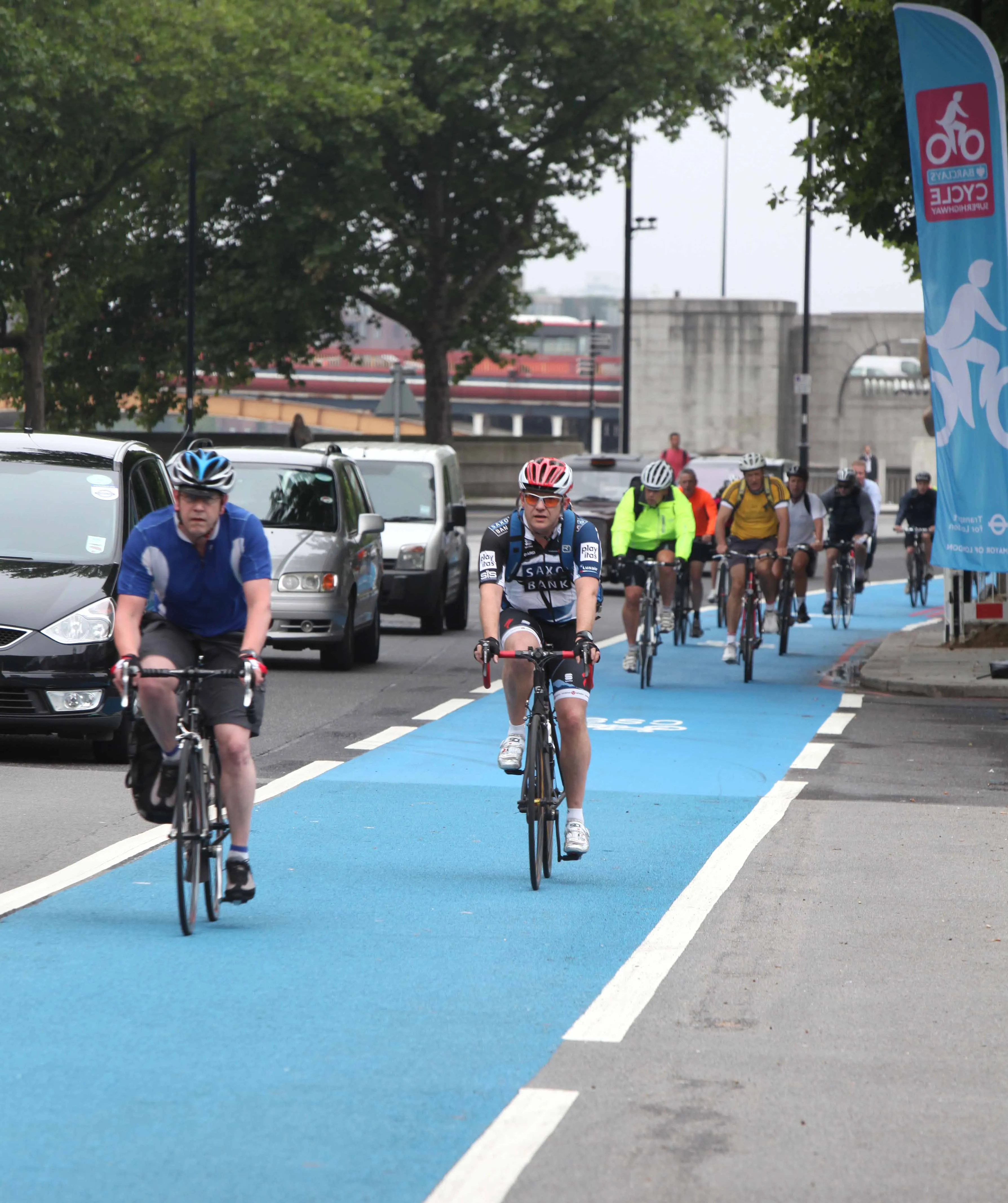A study on behalf of the Department for Transport by the Transport Research Laboratory into the prevalence of illegal mobile phone use while driving has been released. The TRL has said that the data gives greater understanding of who is using mobile phones while driving and for what purpose, and how this can then be used to support future policy development. The figures show in 2014, 1.1% of drivers in England and Scotland were observed holding a phone in their hand with a further 0.5% observed holding the
February 25, 2015
Read time: 3 mins
A %$Linker: 2 External <?xml version="1.0" encoding="utf-16"?><dictionary /> 0 0 0 oLinkExternal study Seat belt and mobile phone use surveys: England and Scotland, 2014 false http://www.gov.uk/government/uploads/system/uploads/attachment_data/file/406723/seatbelt-and-mobile-use-surveys-2014.pdf false false %> on behalf of the Department for Transport by the Transport Research Laboratory into the prevalence of illegal mobile phone use while driving has been released. The TRL has said that the data gives greater understanding of who is using mobile phones while driving and for what purpose, and how this can then be used to support future policy development.
The figures show in 2014, 1.1% of drivers in England and Scotland were observed holding a phone in their hand with a further 0.5% observed holding the phone to their ear. This equates to more than 470,000 motorists.
A higher proportion of drivers in England and Scotland were observed using a hand-held mobile phone when stationary (2.3%) than in moving traffic (1.6%).
The figures show that more men than women use a hand-held phone, and that van drivers were the most likely group to be seen doing it at 2.7% - almost twice the rate for car drivers. Meanwhile 5.2 % of young drivers aged 17-29 were seen holding a mobile phone making them by far the biggest group by age.
Neil Greig, IAM director of policy and research said, “The results are very disappointing but not at all surprising. Campaigners routinely talk about the inherent dangers of the distraction caused by mobile phone usage, but drivers never believe they will be caught.
He added, “Tackling mobile phone usage must be a government priority for 2015. People must have the fear of being caught increased as we believe this is the only viable deterrent, but that needs an increase in visible policing.”
He also called for a technology-based answer and said, “Technology has caused this problem, so it should come up with a solution too. There are phones that have sensors within them which detect the motion of a car, and can then immediately shut down calling and texting functions. This should be universal."
He added that hands-free and2362 Bluetooth devices were no better as an alternative. “Taking a call is still a major distraction to the important task of driving. Safe driving is everyone’s responsibility, drivers, those calling them and most importantly those employing them. The horrendous figures for van users show that fleets and companies must have clear and consistent mobile phone policies that are enforced. If using a phone while driving is against company policy then disciplinary action must follow.”
The figures show in 2014, 1.1% of drivers in England and Scotland were observed holding a phone in their hand with a further 0.5% observed holding the phone to their ear. This equates to more than 470,000 motorists.
A higher proportion of drivers in England and Scotland were observed using a hand-held mobile phone when stationary (2.3%) than in moving traffic (1.6%).
The figures show that more men than women use a hand-held phone, and that van drivers were the most likely group to be seen doing it at 2.7% - almost twice the rate for car drivers. Meanwhile 5.2 % of young drivers aged 17-29 were seen holding a mobile phone making them by far the biggest group by age.
Neil Greig, IAM director of policy and research said, “The results are very disappointing but not at all surprising. Campaigners routinely talk about the inherent dangers of the distraction caused by mobile phone usage, but drivers never believe they will be caught.
He added, “Tackling mobile phone usage must be a government priority for 2015. People must have the fear of being caught increased as we believe this is the only viable deterrent, but that needs an increase in visible policing.”
He also called for a technology-based answer and said, “Technology has caused this problem, so it should come up with a solution too. There are phones that have sensors within them which detect the motion of a car, and can then immediately shut down calling and texting functions. This should be universal."
He added that hands-free and







